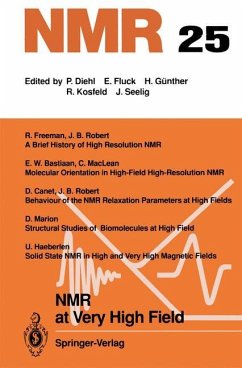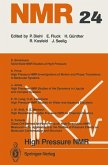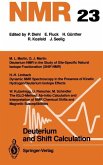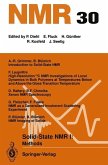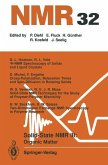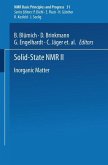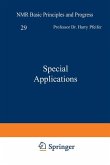In recent years several improvements have been made in the manufacturing of resistive, superconducting and hybrid mag nets. Condensed matter physicists are nowadays doing ex periments in steady magnetic fields of up to 30 Tesla. But the field homogenity {/B}, required in a volume of the order of a 3 few cm is usually several orders of magnitude less severe than the one which is needed for high resolution NMR. Over the last 30 years, with each generation of new high resolution NMR spectrometers, from 100 MHz up to 600 MHz, taking advan tage of the increase in sensitivity and resolution, new areas of research have been opened in chemistry, physical chemistry and biochemistry. The generation of the 20 Tesla supercon ducting magnets is coming. Thus one may seriously start to consider high resolution NMR at 1 GHz. The purpose of this volume is to examine some of the advantages which can be obtained at such high frequencies and some of the problems we shall be facing. An important aspect of NMR at high field which is not presented in this volume concerns the design of the magnet. The building of a superconducting magnet, producing a field 10 3 higher than 20 T, with a field homogeneity IlB/B 10- , in a cm volume still remains today in 1990 a major challenge. Grenoble, France J. B. Robert Guest-Editor Professor J. B. Robert Service National des Champs Intenses B. P.
Hinweis: Dieser Artikel kann nur an eine deutsche Lieferadresse ausgeliefert werden.
Hinweis: Dieser Artikel kann nur an eine deutsche Lieferadresse ausgeliefert werden.

